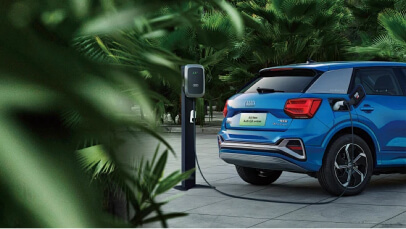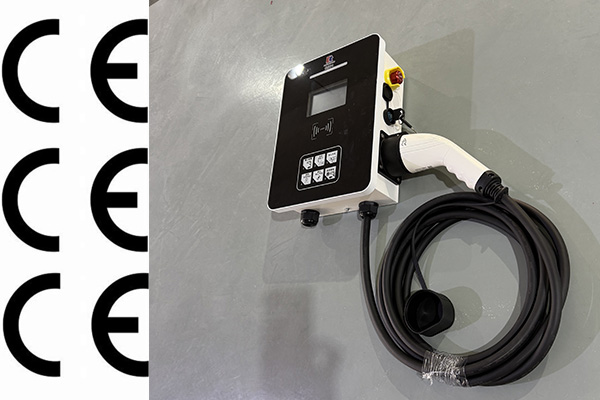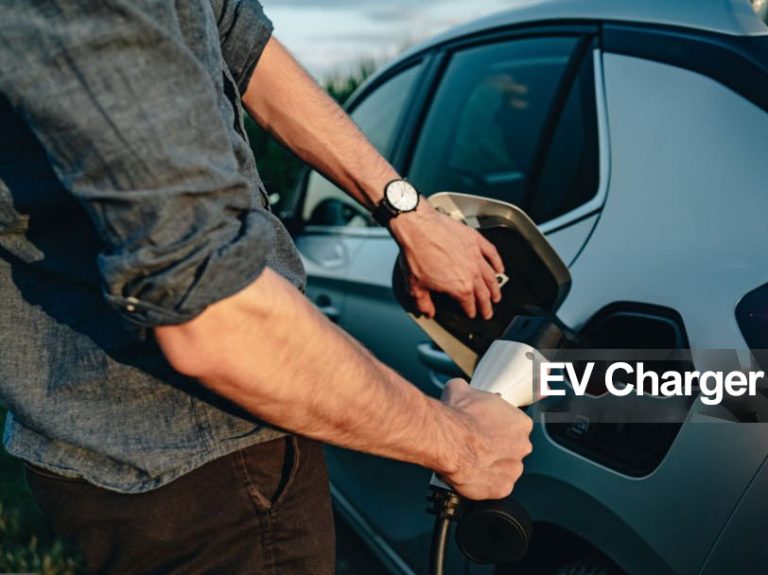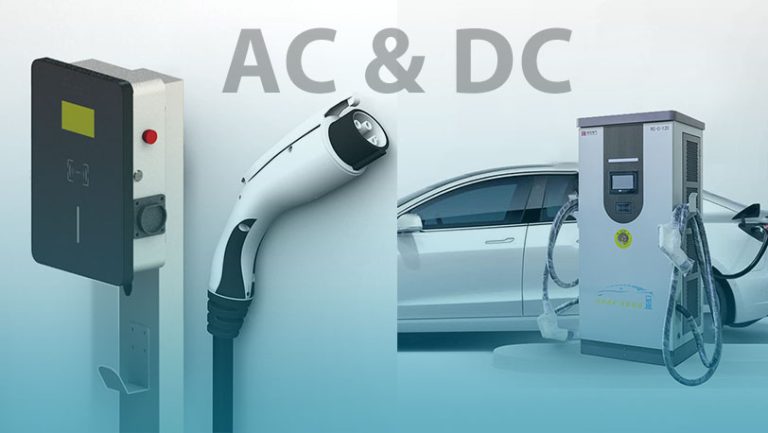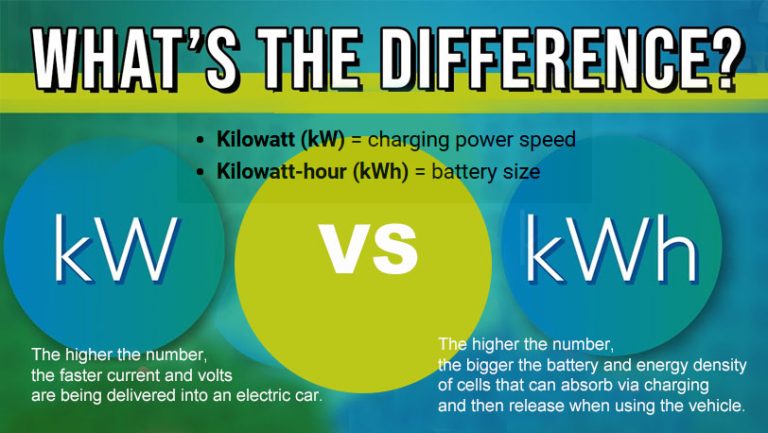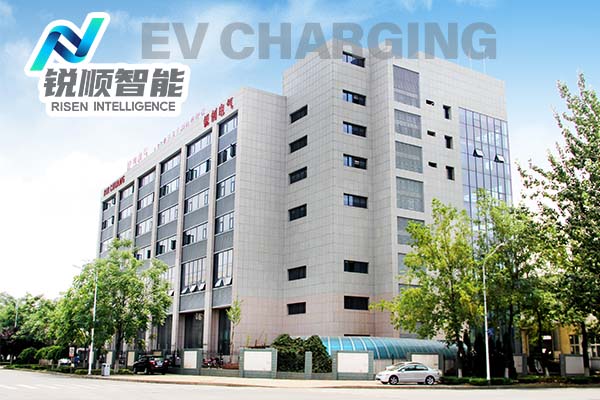Using fast charging stations can have some impact on battery health, but modern electric vehicles (EVs) are designed to handle fast charging with minimal long-term damage. Here’s a detailed look at how fast charging affects battery life and what you can do to mitigate potential issues:
Impact of Fast Charging on Battery Health
Increased Heat Generation:
- Effect: Fast charging generates more heat compared to standard charging. Excessive heat can degrade battery materials over time, potentially reducing battery life.
- Mitigation: Many EVs and fast chargers have built-in cooling systems to manage temperature and protect the battery during fast charging.
Battery Degradation:
- Effect: Frequent use of fast charging can contribute to faster battery degradation due to the high current flow and heat. However, most EV batteries are designed to handle occasional fast charging without significant impact on their lifespan.
- Mitigation: It’s advisable to use fast charging sparingly and rely on standard charging for regular use.
Charging Rate and Battery Management:
- Effect: Fast charging usually occurs at a higher rate of charge, which can stress the battery if done frequently. Batteries have management systems that regulate the charging rate and protect against overcharging.
- Mitigation: Follow the manufacturer’s recommendations for fast charging and ensure your vehicle's battery management system is up to date.
Charging Cycles:
- Effect: Fast charging can influence the number of effective charging cycles the battery undergoes. While this impact is generally minimal, frequent fast charging could slightly reduce the overall lifespan of the battery.
- Mitigation: Balance the use of fast charging with slower, routine charging to optimize battery health.
Best Practices for Battery Health
Use Fast Charging When Necessary: Fast charging is convenient for long trips or when you need a quick boost. For regular daily charging, use standard home chargers to preserve battery health.
Avoid Extreme Temperatures: Both high and low temperatures can affect battery performance. Where possible, charge your EV in a temperature-controlled environment.
Monitor Battery Health: Many EVs provide insights into battery health and charging patterns. Use this information to adjust your charging habits if necessary.
Follow Manufacturer Guidelines: Always adhere to the manufacturer’s recommendations regarding charging practices to ensure you’re taking the best care of your battery.
While fast charging can affect battery health over time, modern EVs are equipped with advanced battery management systems designed to minimize this impact. By using fast charging appropriately and following best practices, you can enjoy the convenience of rapid charging while maintaining your battery’s longevity.


